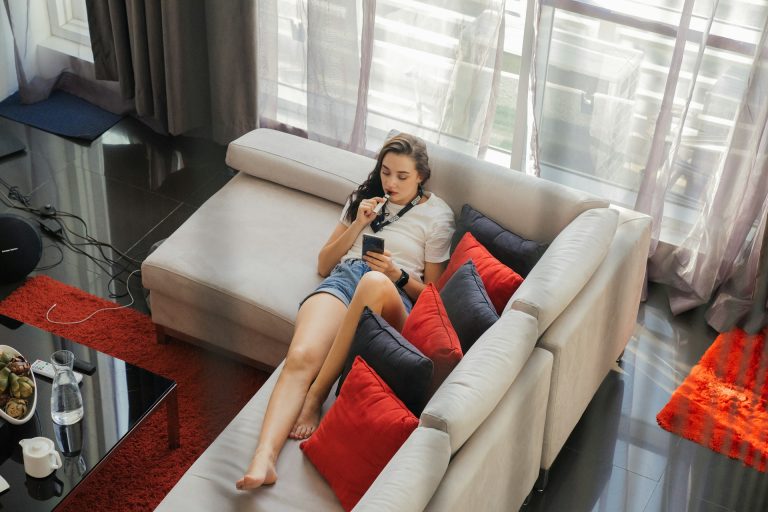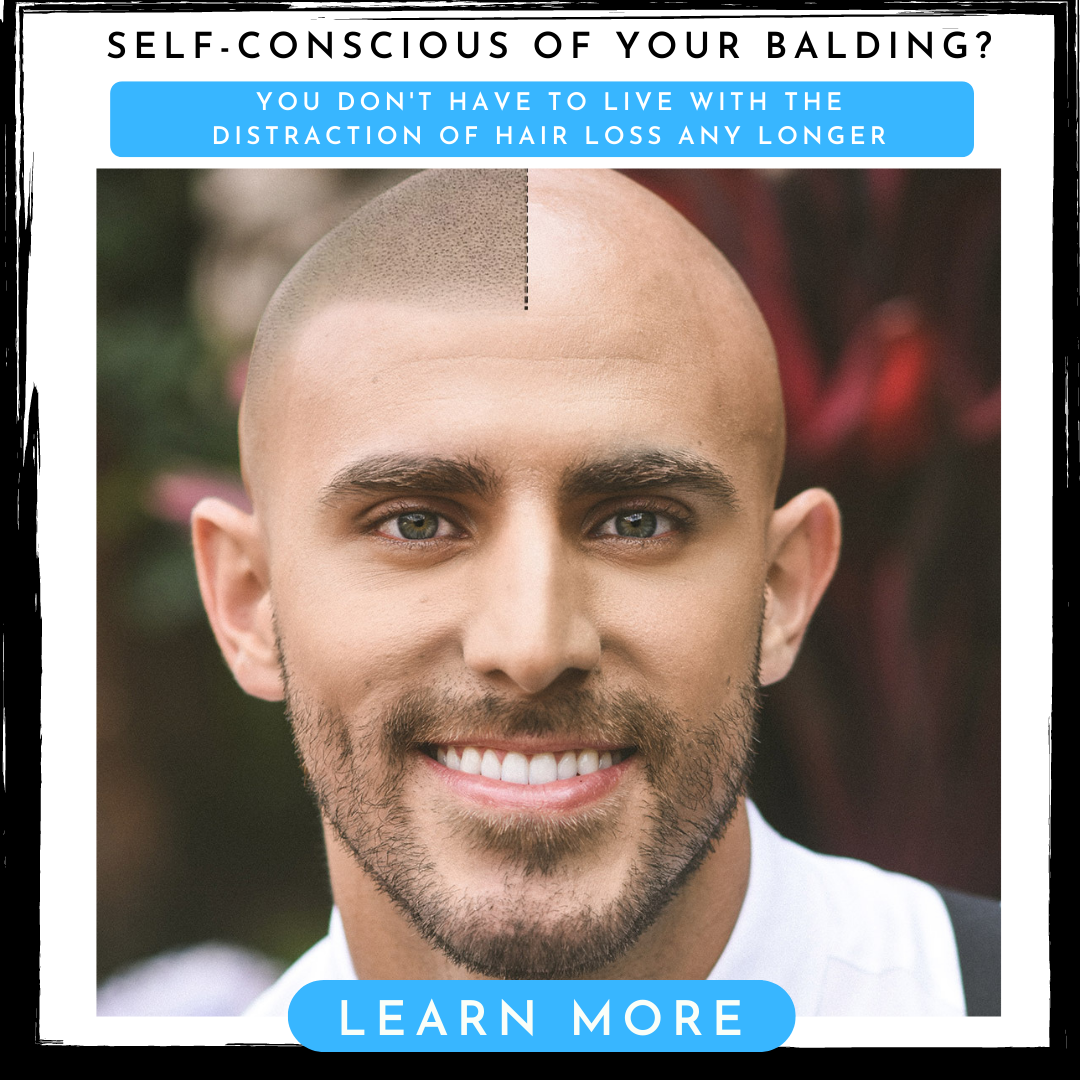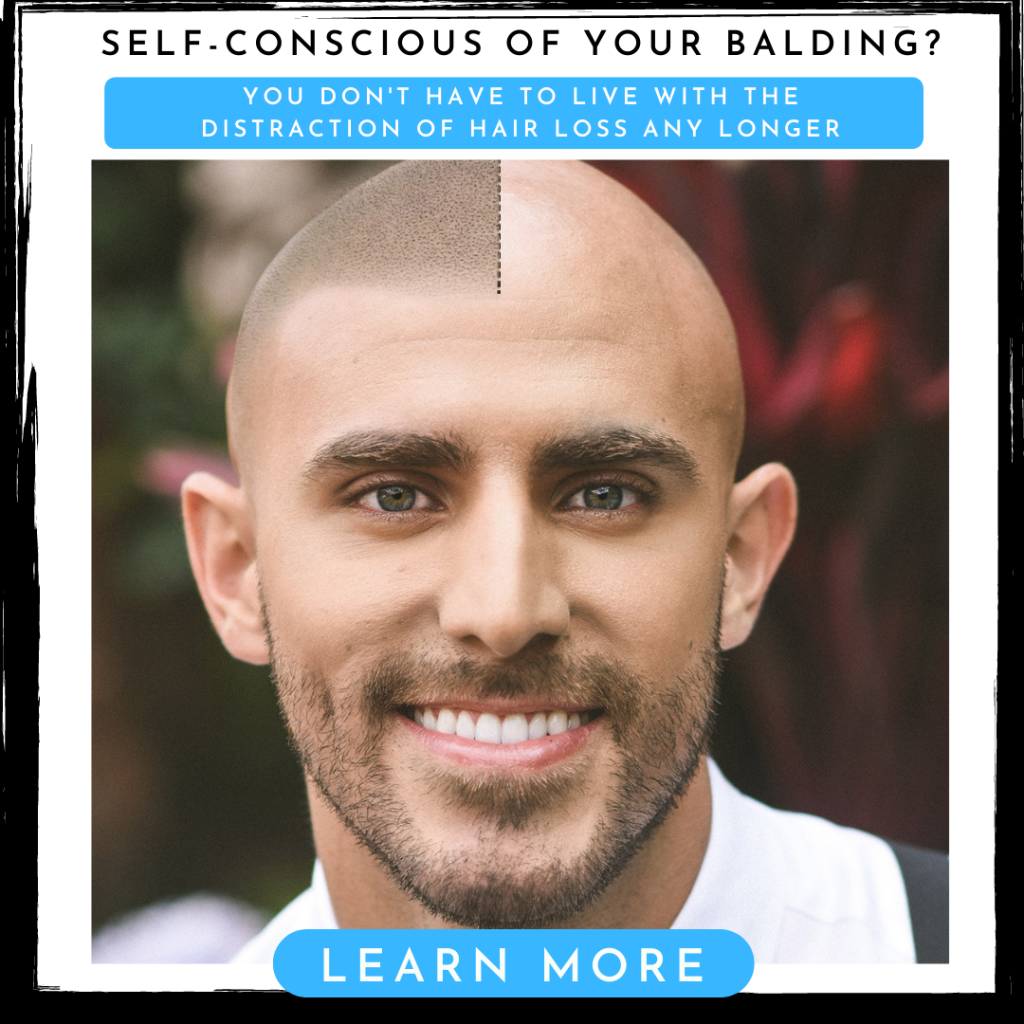The recent days have been challenging for people around the world, even if they haven’t been direct victims of the coronavirus. Citizens have been instructed to stay at home in many countries in order to eliminate the spreading of the virus, and for many this feels disorienting, to say the least. People in modern societies have been conditioned to routines largely centered around working, studying, commuting, and most importantly, socializing.
However, amidst the recent chaos, maybe we have the valuable chance to practice being by ourselves. Spending time alone is a determining factor for the development of a well-rounded, healthy, independent, creative personality.
Unfortunately, our societies demonize spending time by ourselves. Doing things on our own is stigmatized in a world of constant and instant virtual connection.
So, what are the benefits of spending time alone?
Table of Contents
My family and friends have often reacted with shock, even pity, at times when I announced to them that I choose to treat myself to a nice solo dinner out, go to the movies alone, or travel with no company.
Here’s the thing: doing things like those mentioned above on your own is often criticized in modern society. People may even take pity on you and offer you a seat at their table if they see you dining alone.
Of course, that is not to say that involuntary solitude isn’t unpleasant at times, or that people don’t suffer from loneliness and can’t benefit from some well-intentioned company.
At the same time, it’s important to remember that almost every activity can be equally enjoyed whether it’s with company or by yourself.
When you watch a movie together with friends, you may laugh at your shared inside jokes and exchange opinions. When you watch a movie on your own, you get the opportunity to deeply reflect on aspects of the movie you wouldn’t have the chance to do otherwise. When you eat alone, you are more mindful to focus on the food and enjoy it thoroughly. And when you travel alone, you may find yourself feeling lonely at certain moments, at a loss, even, in a foreign country, but you also learn so much more about yourself through exploring the unknown with no company other than your thoughts and five senses.
We often do not look around us at our homes, when we have the distractions of others. When you are alone you can take a good look around you and really see each space, it is how you would like it to be? Don’t underestimate the mental, in addition to the practical benefits of cleaning up your living space and decluttering. Getting rid of unnecessary clutter, both literally and figuratively, and making space for new items and experiences in your life, can be cathartic for your body, spirit, and mind.
“Meditation is a way for nourishing and blossoming the divine within you.”
–Amit Ray
I spoke with my best friend today, quarantined to her home abroad because of the coronavirus. She was devastated. My normally energetic, excitable friend admitted to feeling depressed because of having to stay inside. She even sent me a selfie of herself bundled up in bed, doing nothing but watching Netflix and eating all day. No showering.
Clearly, being in solitary confinement because of a dangerous pandemic is not what we could initially call an ideal opportunity for self-care. But since we have nothing better to do, why not try to turn it into one? Especially during a period full of worrisome news and negative events that may feel to many of us like doomsday is upon us, caring for ourselves is vital.
Spending time by ourselves can help us learn to listen to our own needs and attend to them. Every day we go to work, take care of our families and friends, listen to others’ problems and watch the news in order to worry some more about things we cannot control or fix.
We need to take some time to love ourselves and focus on what we need. Listen to what your body and mind are telling you. Take some time to cook healthier food. Work out, meditate, paint or journal. Do something creative. Watch something nice.
Practicing self-love and self-caring habits can reduce stress, anxiety, and depression, so take a minute and treat yourself the way you would treat a very dear loved one.
“I meditate so my mind cannot complicate my life.”
–Sri Chinmoy
We have been conditioned to constantly interact with others, whether it be physically or virtually, in order to avoid coming to terms with ourselves and with our thoughts.
Spending time alone with our thoughts, ideas, fears, and challenges can be very beneficial for our personal growth. That way we practice empathy, become more creative and productive, gain confidence and become mentally strong.
If at first, you feel bored and unfulfilled, don’t give in and look for the first available distraction. Instead, sit down with your own mind and truly look for ways you can use this time to your advantage, to exercise your creativity and focus on your goals.
Take the time to truly experience cooking, walking in nature, or spending time with pets, while trying to empty your mind of everything else and to be in the present moment. The here and now are sometimes the only space and time you need to truly experience life and to learn more about yourself.
One of the biggest relationship problems of our time is that we haven’t learned how to be happy on our own. Loneliness is a grave source of suffering, especially for people who’ve faced the traumatic consequences of past abandonment and rejection.
In addition to not having been taught to cherish the time we spend by ourselves, we often also feel that our friends or partner must fill in the emptiness for us. We place our worth on the recognition and validation we receive from others, feeling neglected when other people in our lives decide to prioritize themselves, their own goals, and hobbies.
We shouldn’t feel threatened by the other priorities our loved ones have in their lives, because we should also have valued priorities other than one single relationship.
This constant need for other’s time is often a sign of codependency and can lead to unhealthy relationship dynamics, or even irreversible damage to the relationship.
For every relationship to flourish and be healthy we must first be happy with ourselves. We can’t rely on anyone or anything outside of us to make us feel whole.
For some people, it seems impossible to manifest a specific person or relationship. This is because when we try to manifest from a place of lack and neediness, we attract more lack and neediness. Instead, we must first reach a state of feeling whole within ourselves.
How do we know if we’re doing it right though? Are we catering to our own needs, or are we simply neglecting the needs of our partner? How much alone time is healthy in a relationship?
The answer is different for every person and relationship. What’s important is maintaining a balance that makes both parties feel loved, appreciated, whole and free at the same time.
Interaction and socialization are vital for human beings, but equally or perhaps more important is alone time.
If you are an introvert, you feel more energized by spending time alone than with other people, whereas extroverts get energy from socializing. Nevertheless, everyone needs some alone time to recharge, whether it be a week-long vacation or ten minutes to have a cup of tea and sort out our thoughts.
Being expected to interact whenever we’re online, and to be online 24/7, has blurred the boundaries that once existed. We must respect ourselves, our time and energy, before expecting others to respect them. Thus, it is crucial that we reconsider the concept of boundaries and set them anew.
Everything, from walking the dog to having coffee with a friend, becomes anxiety-inducing when you haven’t had some time to recharge and clear your head. Make some time to cater to your needs and be assertive about your limits.
Think about setting a day or certain hours when you will spend offline and let go of others’ expectations for your communication.
“Quiet the mind and the soul will speak.”
–Unknown
The easy answer to how you’re going to spend Saturday night by yourself is Netflix and pizza. While this is undoubtedly necessary every once in a while, don’t limit yourself to the easy answer. Try not to get too obsessed with distractions even if you feel uncomfortable without them in the beginning. This is how you learn to eventually feel comfortable in your own company.
Sit by yourself and really listen to your thoughts. Let your ideas flow. You’ll be surprised by your own creativity and the solutions you’ll come up with to issues that may have been troubling you.
Take the time to plan your life and reflect on important issues without distractions. Set goals, identify what you want to gain from your alone time, and then spend it in a way that serves you.
Does being alone make you stronger? Yes.
Can spending too much time alone make you crazy? Also yes.
Ok, anything in excess can be a bad thing, what we mean to say is that you need a healthy balance of alone time and socialization. Isolation is not always the answer, and solitude is ideal when it’s voluntary. Loneliness can be terrible, and no one suggests that you must be okay with being lonely. Asking a loved one for help is super important when you feel like you need it. The desire for togetherness is what makes us humans, and power lies in unity.
However, it is important to learn how to make the most of being alone, to break loose from the constant buzz of our frantic everyday life, and to realize that we can be happy in the company of the only person who is always there for us: our own self. There is much strength in the knowledge you do not need other people around you to be happy, happiness comes from within, and you can share this happiness with others.
Spending time by yourself isn’t always easy or happy, but sometimes it’s necessary. Give it time, experiment with what works for you. The gains from this process will be valuable!









